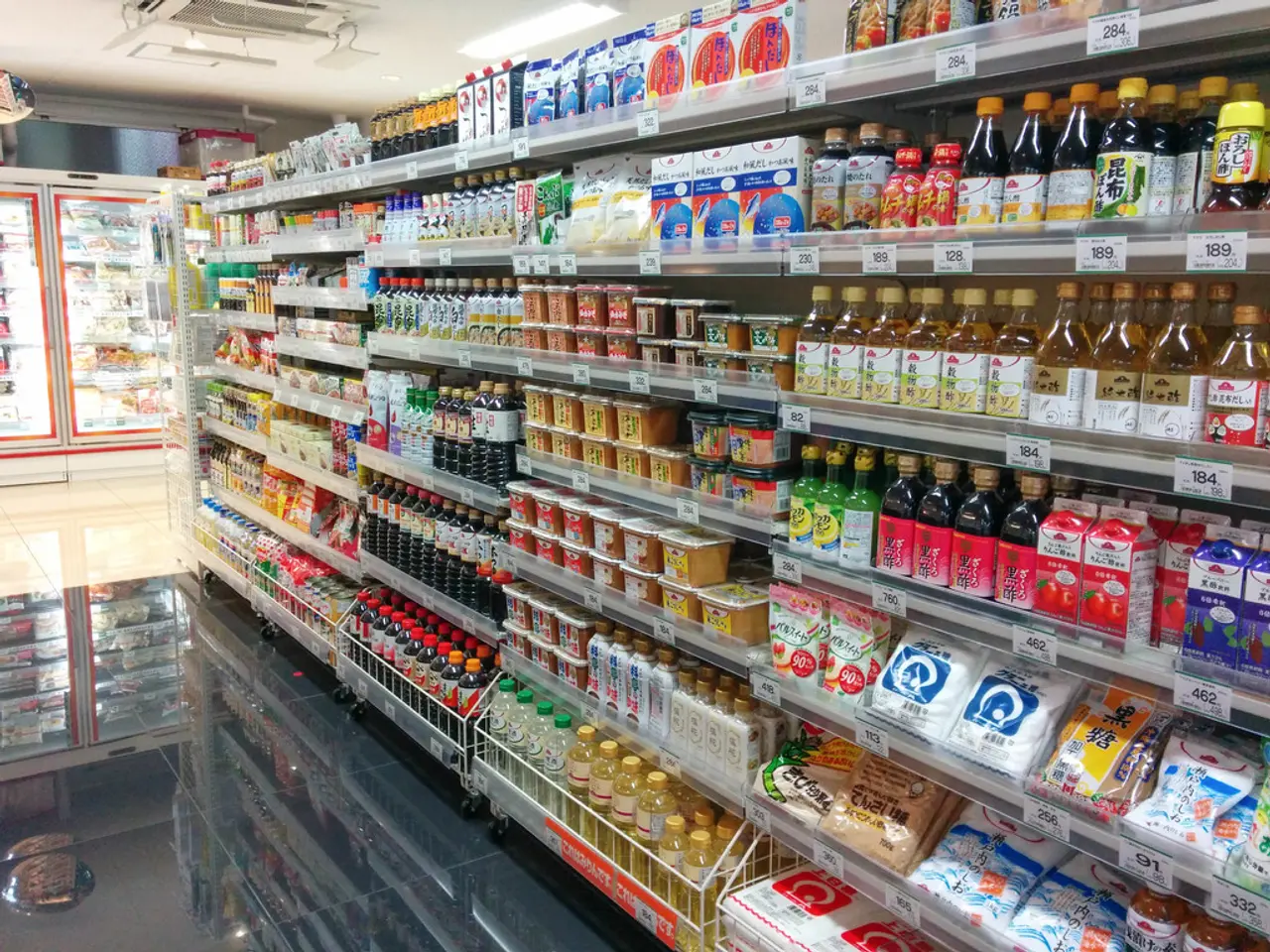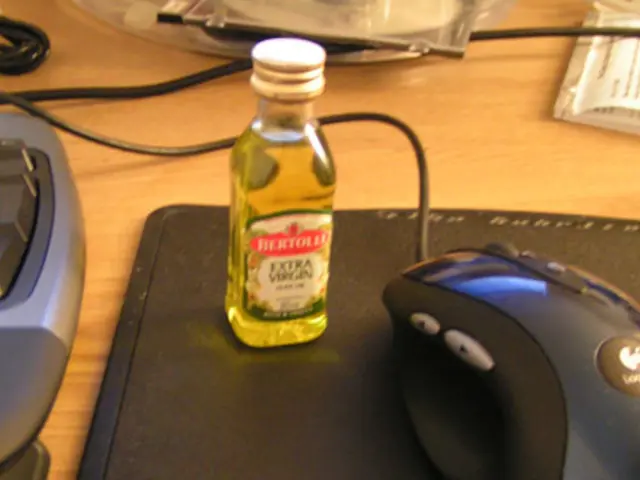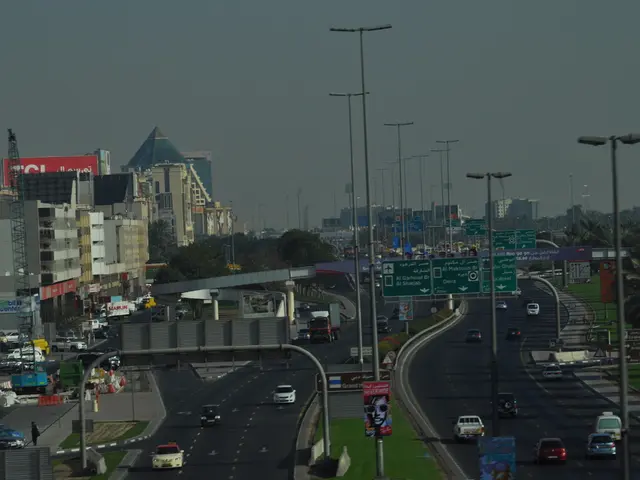Counterfeit Verdict on a Doner Meal Costing 10 Euros
In the heart of Germany, the city of Murr has been home to the Birtat Meat World SE factory, a significant player in the production of the beloved döner kebab. For years, workers, many of them immigrants from Turkey, Romania, and Bulgaria, have endured long, tough workdays in near-freezing temperatures, preparing raw meat for the popular street food. However, the industry's working conditions have been under scrutiny, with concerns over opaque pay structures and significant salary disparities for similar jobs.
This issue came to a head in early 2025 when workers staged multiple "warning strikes" and walkouts, demanding a wage increase of about 375 euros per month, a transparent collective wage agreement, and standardized salaries around 2,600 to 3,000 euros monthly. The strikes included at least ten short-term warning strikes and a five-day full strike, with a union vote authorizing continued strikes due to stalled negotiations.
The dispute reached a resolution in early August 2025 with a historic first collective bargaining agreement in the German kebab meat industry. Starting salaries are now set at 2,600 euros per month with planned increases through 2026, marking a significant improvement in pay transparency and worker rights. This agreement ended the strike and eased fears of kebab shortages and significant price hikes, although the price of a döner kebab is expected to remain higher than in the past, potentially topping €10 due to rising labor and beef costs.
The kebab, enjoyed with bread, meat, and sauce, has long been a cultural asset but has also been a source of contention. It's not just a food item but also a symbol of urban civilization, comparable to a campfire. Its social significance is such that it can momentarily erase class differences, serving as a meal and social glue, uniting various groups such as office drones, construction workers, business students, and night owls.
The kebab industry, however, has not traditionally provided fair wages, collective bargaining agreements, or secure working conditions. This is evident in the recent strikes in Murr, where workers are fighting for improved conditions. The kebab's high cost is not due to subsidies from the food industry, the consumer ministry, or kebab shop owners' beliefs. Rather, it reflects the rising labor and beef costs.
The kebab's political significance was demonstrated during a state visit to Turkey in April 2024, when Federal President Frank-Walter Steinmeier presented a kebab skewer as an official gift. This gesture signified the kebab's importance not just as a food item but also as a symbol of cultural exchange and diplomacy at its peak.
debateThe, an independent, left-wing, and opinionated daily newspaper founded in 1979, has been a vocal advocate for the kebab workers' rights. The newspaper's coverage of the strikes and the eventual resolution has shed light on the industry's working conditions, sparking discussions about fair wages, collective bargaining agreements, and secure working conditions in the kebab industry.
In summary, the historic agreement in Murr marks a significant step forward for kebab workers, ensuring fair wages, collective bargaining agreements, and secure working conditions. The price of the beloved street food may increase slightly, but the agreement ensures its continued availability and the dignity of those who prepare it. The kebab, a piece of everyday life, continues to be a symbol of urban civilization, unity, and diplomacy.
[1] Kein Kebab für die Arbeitnehmer [2] Kebab-Arbeiter in Murr streiken [3] Kebab-Arbeiter in Murr streiken [4] Kebab-Arbeiter in Murr streiken [5] Kebab-Arbeiter in Murr streiken
- The kebab industry, often overlooked in policy-and-legislation debates, has gained attention due to the ongoing strikes in Murr, sparking discussions about fair food-and-drink labor conditions, sealed collective wage agreements, and secure working environments.
- With the historic agreement reached in Murr, general-news platforms worldwide have reported on the significant improvement in pay transparency and worker rights for those involved in the cooking and preparation of global-cuisines like the döner kebab.
- On social media, pop-culture enthusiasts and foodies alike have engaged in passionate discussions about the effects of the recent strikes on the prices of their favorite street foods, potentially leading to increased costs of up to €10 due to crime-and-justice factors such as rising labor and beef costs.
- As the kebab has become a powerful symbol of urban lifestyle and social-media entertainment, politics has now found itself entangled in its production, with debates surrounding the fair treatment of kebab cooks, who are fighting for improved working conditions, a fair wage, and better job security.
- The resolution in Murr offers a beacon of hope for the kebab industry, signaling an end to decades of unjust wage structures andDisparities, while also shedding light on the crucial role of the mass media, particularly independent newspapers like "debateThe", in advocating for workers' rights and fostering transparency in the food-and-drink sector.







